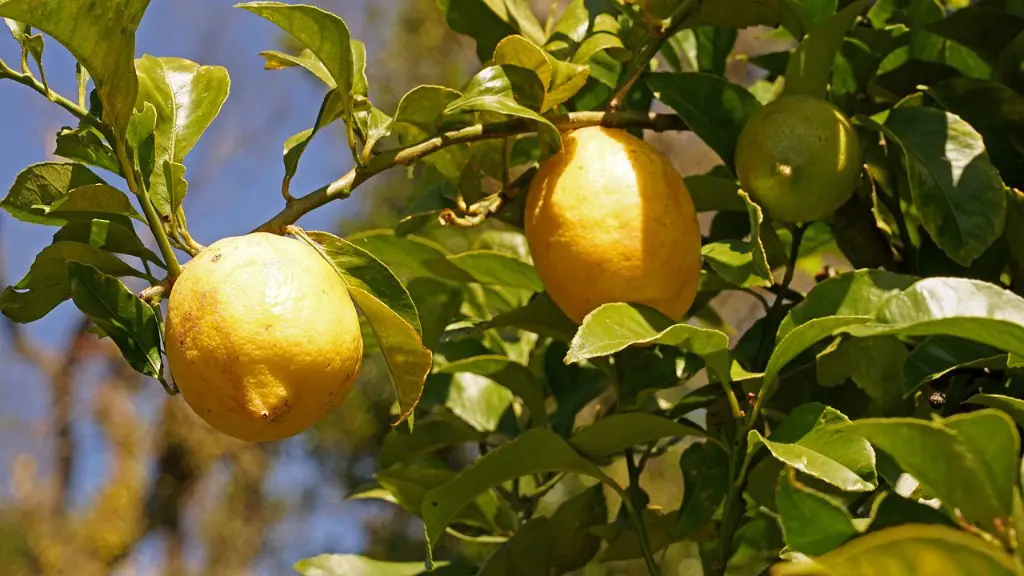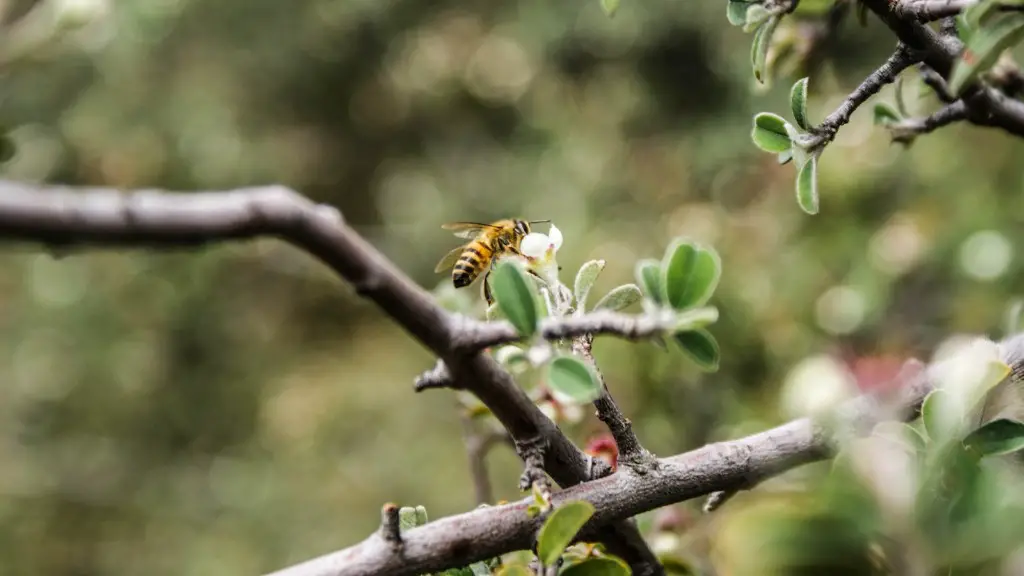Is lemon tree good for home? Absolutely! Lemons are one of the most popular types of citrus fruits and are widely used in a variety of dishes, drinks and baking. In addition to benefits for adding flavor to dishes and drinks, lemon trees have many other advantages when kept indoors. Here are a few reasons why you should consider planting a lemon tree at home.
First, when growing a lemon tree indoors, it can help purify the air and make the home smell refreshing. Lemons contain limonene, a compound which helps eliminate odors and improve the quality of the air. The lemon tree’s leaves also help increase the humidity in the home, which helps with allergies and respiratory issues.
Second, lemon trees are low-maintenance plants. They don’t need too much water or fertilizer and will thrive in most indoor climates. They can even tolerate a bit of neglect, such as occasional missed watering. They also require less space than many other plants, making them an ideal option for homes with limited space.
Third, lemon trees produce colorful and fragrant blossoms throughout the year, adding a touch of beauty and loveliness to the home. The flowers not only look good, they also attract bees and other beneficial insects that can help pollinate surrounding plants.
Fourth, the fruit produced by a lemon tree can be used right in the home. Lemons can be added to salads and sauces, squeezed into dressings, used as a natural cleaning solution, and much more. Lemon trees also make a great centerpiece in any home or garden.
Health Benefits
Lemon trees offer many health benefits as well. The high vitamin C content in the lemon fruit can help boost the immune system and reduce inflammation. Lemons also contain fiber, which helps improve digestion and reduce constipation. Further, their high citric acid content helps prevent kidney stones.
Lemons are a rich source of minerals such as potassium, calcium, and magnesium. These minerals are needed for good bone health, heart health, and healthy blood pressure levels. They can also help reduce stress levels and improve mental alertness and focus. Finally, lemons have anti-carcinogenic properties and can help reduce the risk of various types of cancers.
Climate
The lemon tree is a tropical plant native to Asia and thrives in warm, humid conditions. When grown indoors, it will require bright, indirect sunlight and consistent warmth. A sunny windowsill is the perfect spot for a lemon tree. During the winter months, the indoor temperature should not drop below 55 degrees Fahrenheit. Lemon trees also need humid air, so a humidifier or regular misting will also be necessary.
In order to keep your lemon tree healthy, it should be fed with a high-quality citrus fertilizer occasionally. The fertilizer should be applied to the soil according to the manufacturer’s instructions. The lemon tree should also be pruned regularly to keep it from becoming overgrown, allowing better air flow and direct light to all parts of the tree.
Location
When choosing where to place your lemon tree, remember that it prefers well-drained soil and should be kept away from direct drafts. It is also important to note that, although the lemon tree produces brightly colored flowers and fragrant citrus fruit, it is mildly poisonous. Therefore it is best to keep your lemon tree away from any pets or small children.
Harvesting
When it comes to harvesting, it’s important to pick the lemons when they are still green and the seeds are still soft. Lemons should be picked before they are fully ripe and can be stored in the refrigerator for up to two weeks. The flavor and shelf life of the lemons can be extended by adding them to a cool, dry place such as a cellar.
Pest Control
The lemon tree is prone to pest infestations, so it’s important to keep an eye out for any signs of pests. Common pests that attack lemon trees include aphids, whiteflies, and scale insects. To protect against infestations, the tree should be regularly inspected for any signs of pests and treated with an appropriate pesticide.
Disease Prevention
Lemon trees are also susceptible to various diseases, such as diseases caused by bacteria and fungi. Some of the most common diseases include root rot, citrus canker, and citrus blight. In order to prevent disease, it is important to properly water the tree, avoid overwatering, and make sure the soil is well-drained. Regular pruning is also important to keep the tree healthy.



